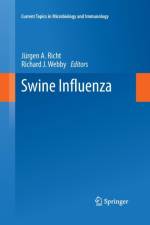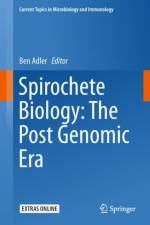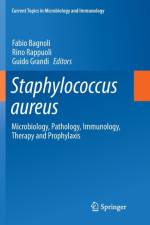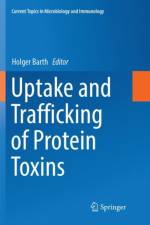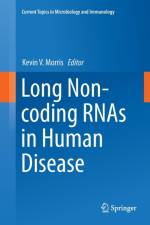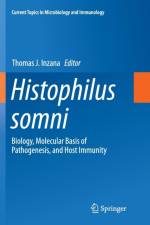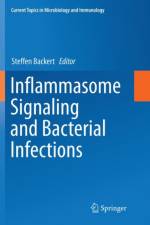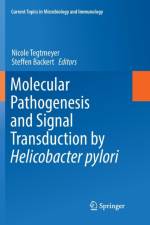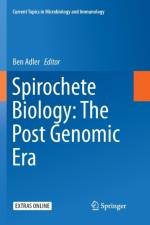- From Ecosystems to Molecules
185,00 €
This volume provides an overview of recent advances in our understanding of the biology of marburg- and ebolaviruses. It focuses on four essential areas: 1) ecology, outbreaks and clinical management, 2) disease, pathogenesis and protection, 3) virus replication inside the cell, and 4) molecular tools for virus study and taxonomy. For 50 years, these viruses have spilled over sporadically and without warning from their wildlife reservoirs, often causing major outbreaks and high fatalities. The consequences can be devastating, with a clear potential for global reach, as demonstrated by the 2013 West African outbreak of Ebola virus, which led to over 28,000 reported cases across three continents and more than 11,000 deaths. Given the international threat posed by these viruses, the pace and scope of basic research have also greatly intensified, ranging from studies of virus emergence, epidemiology, antiviral countermeasures and human disease to detailed mechanistic studies of virus entry, replication, virion assembly and protein structure. Written by internationally respected experts, this book will appeal to a wide audience and be a valuable resource for basic researchers, clinicians and advanced students alike.





